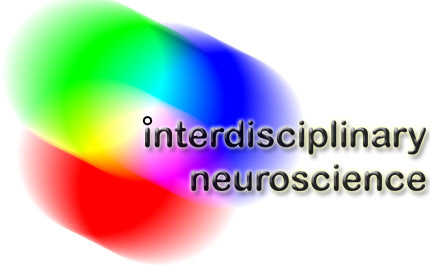The Semantic Synapse Project
Neuroscientific research is producing ever faster growing amounts of experimental data and models. Unfortunately, it is becoming apparent that current technologies for the storage and the communication of this complex information (e.g. relational databases, XML) are inadequate and are starting to hold back scientific progress. Information is often represented in forms that can hardly be processed by machines; different information sources are poorly connected and important information stays undiscovered.
The Semantic Synapse Project aims to break down theses barriers through the adaptation of new Semantic Web technologies. The term ‘Semantic Web’ designates a new generation of the World Wide Web (WWW), which makes it easy for software and users to process information and to make logical links. The project will be focused on the neuronal synapse, a field of outstanding biological and medical importance.
An extensive set of ontologies about synaptic function will be built based on the analysis of neuroscientific literature and databases. The ontologies will be developed in the Web Ontology Language (OWL), a new Semantic Web standard issued by the World Wide Web Consortium. The development of these ontologies will give neuroscientists the ability to publish and share their results and hypotheses in a machine-readable format anywhere on the internet.
As a platform for the developments of the project, a central and publicly accessible web portal will be built. This portal will have the function of a semantic search engine, which actively collects the information which researchers have saved decentrally anywhere on the internet. Due to the flexibility of the Semantic Web standards, this approach makes totally new forms of international cooperation and information sharing possible.
Besides providing solutions for technical problems, this project has the goal of building an active international community of interested parties in research and development. Furthermore, we are striving to establish this new interdisciplinary field of research in the intersection of biomedicine, neuroscience and computer science here in Vienna.
The project is led by Matthias Samwald as part of his PhD thesis and is supervised by Prof. Klaus-Peter Adlassnig (Section on Medical Expert and Knowledge-Based Systems, Medical University of Vienna).


